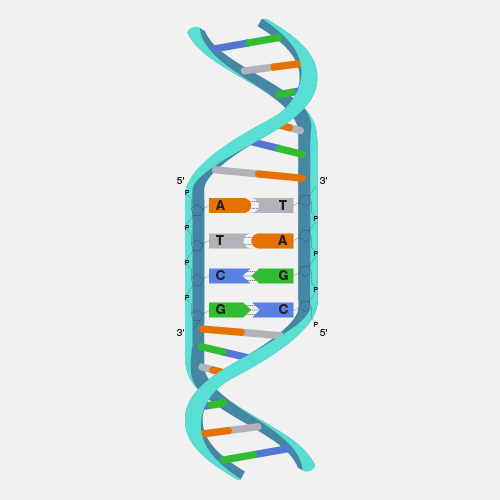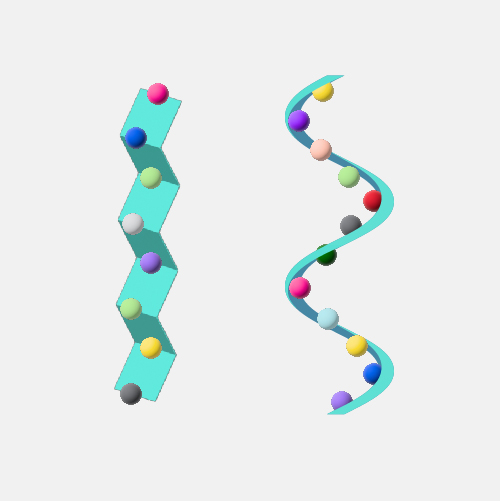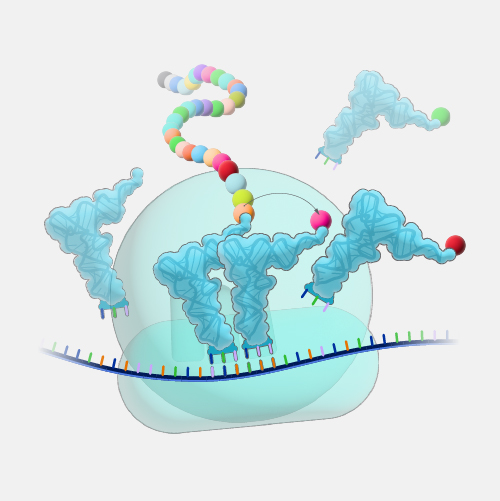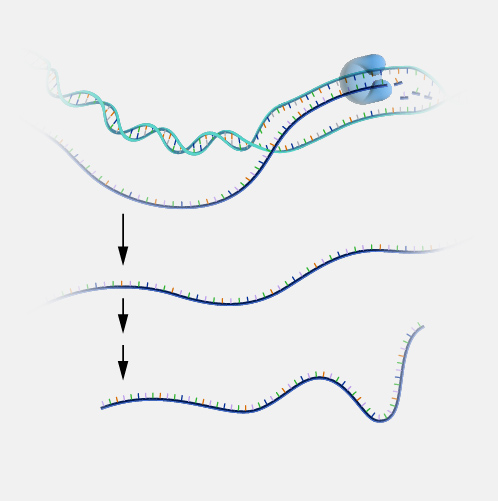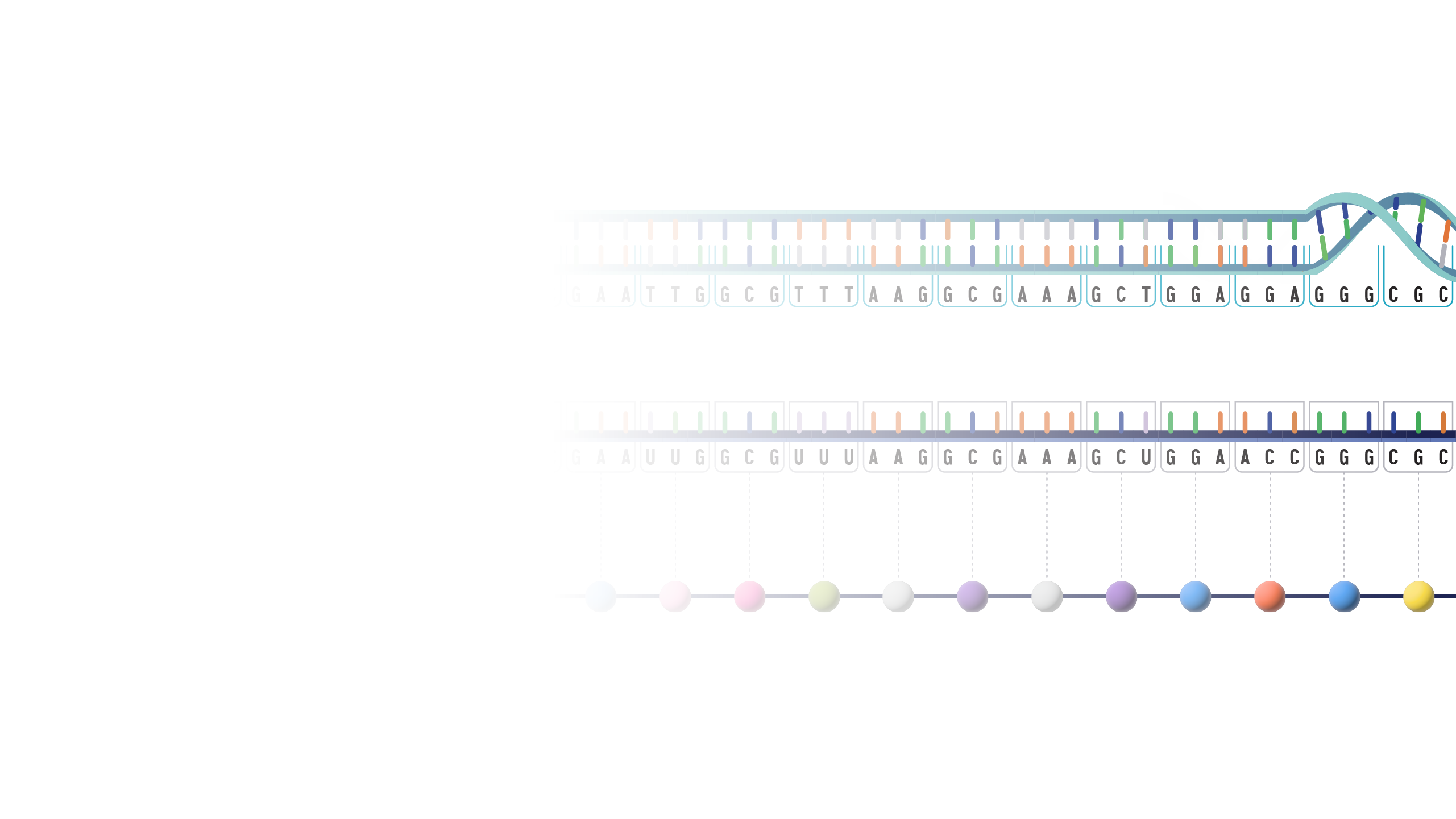
Central Dogma
Definition
Central dogma. The central dogma of molecular biology is a theory stating that genetic information flows only in one direction, from DNA, to RNA, to protein, or RNA directly to protein.
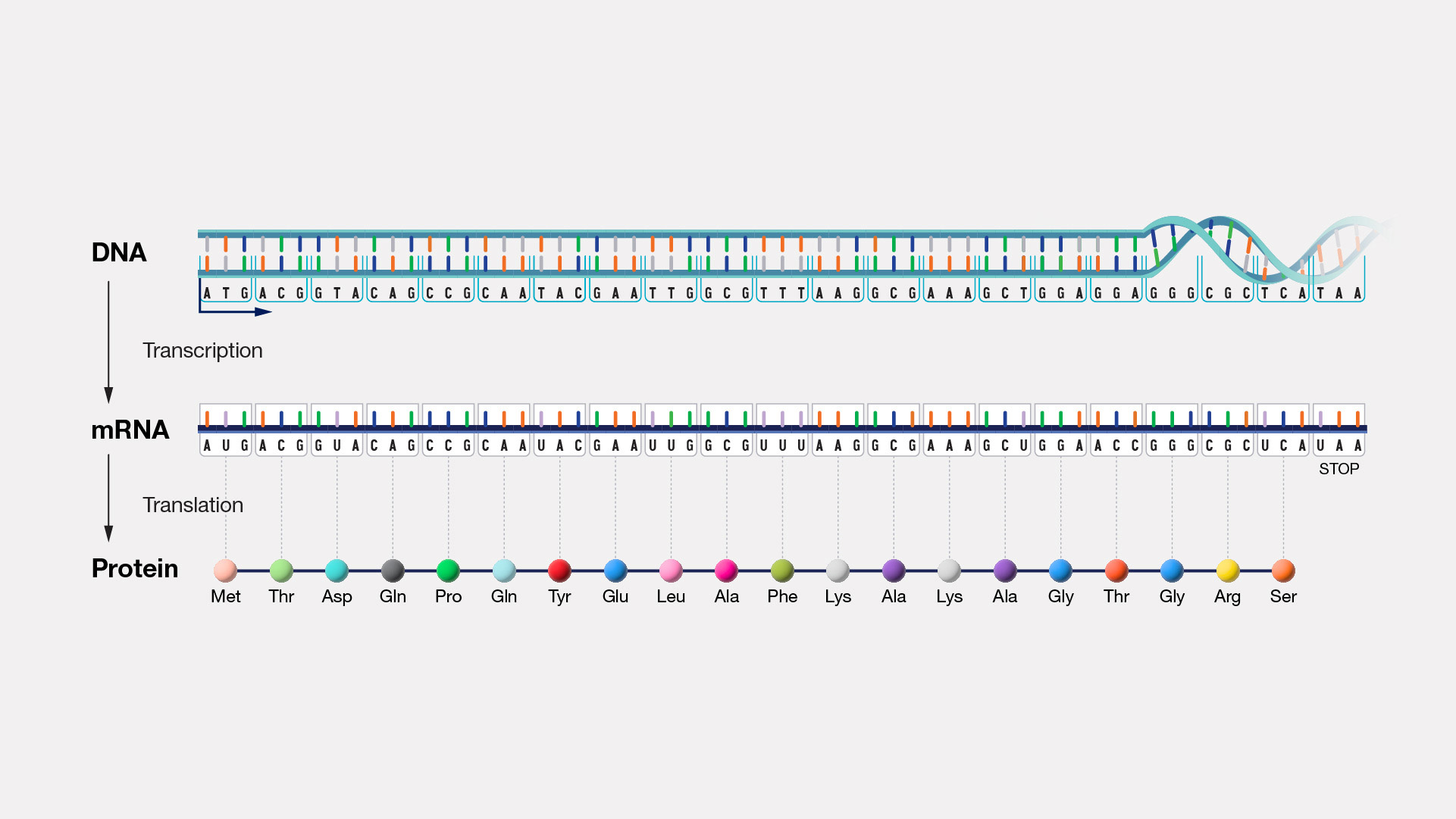
Narration
Central Dogma. The fundamental theory of central dogma was developed by Francis Crick in 1958. His version was a bit more global and included the notion that information does not flow from proteins to nucleic acids. Scientists have since discovered several exceptions to the theory. On particularly notable example is that of prions. Prions are infectious proteins which replicate without going through DNA or RNA intermediates. Prions are responsible for the rare but devastating neurologic disease, Creutzfeldt-Jakob, which is a uniformly lethal disease that causes degeneration of the nervous system.

Chief & NIH Distinguished Investigator
Cancer Genetics and Comparative Genomics Branch

